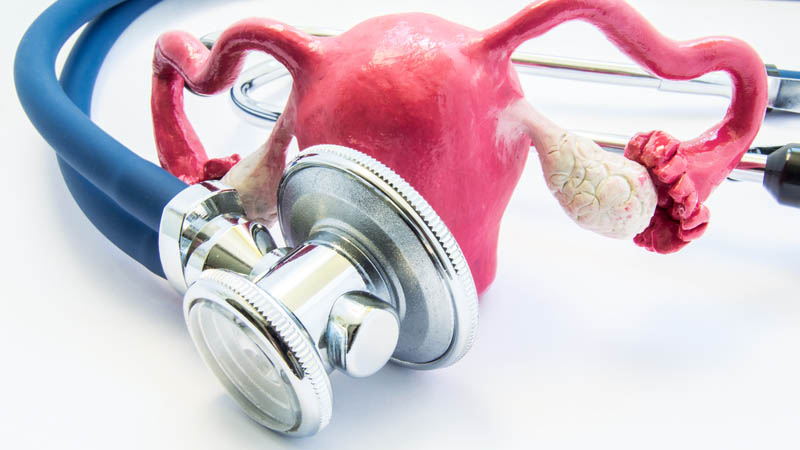Role of antioxidant vitamins in the development of uterine fibroids: a literature review
 Affiliacja i adres do korespondencji
Affiliacja i adres do korespondencjiVitamins A, C, D and E are antioxidants, which are associated with anticarcinogenic activity. Uterine fibroids are a group of benign monoclonal neoplasms of various etiology and pathogenesis (gene mutations, hormonal disturbances, and changes in signaling pathways, cytokines and proangiogenic factors). In recent years, the pleiotropic role of antioxidant vitamins has caught attention. They contribute to the reduction of the amount of DNA damage caused by free oxygen radicals and inhibition of cell proliferation and angiogenesis; they also stimulate apoptosis and decrease metalloproteinase activity, which decreases cell mobility associated with the spread of neoplasms. It has also been demonstrated that antioxidant vitamins are able to eradicate cancer stem cells, which are responsible for cancer treatment resistance. Apart from that, some of them affect numerous signaling pathways and the expression of other genes. The results of different studies concerning the impact of antioxidant vitamins on the development of uterine fibroids are inconsistent to a large extent. Cohort studies (NHANES and Black Women’s Health Study) did not produce any definitive results either. However, it is believed that higher levels of vitamins A, C and D may inhibit the development of uterine fibroids, unlike vitamin E, whose role is unclear.









